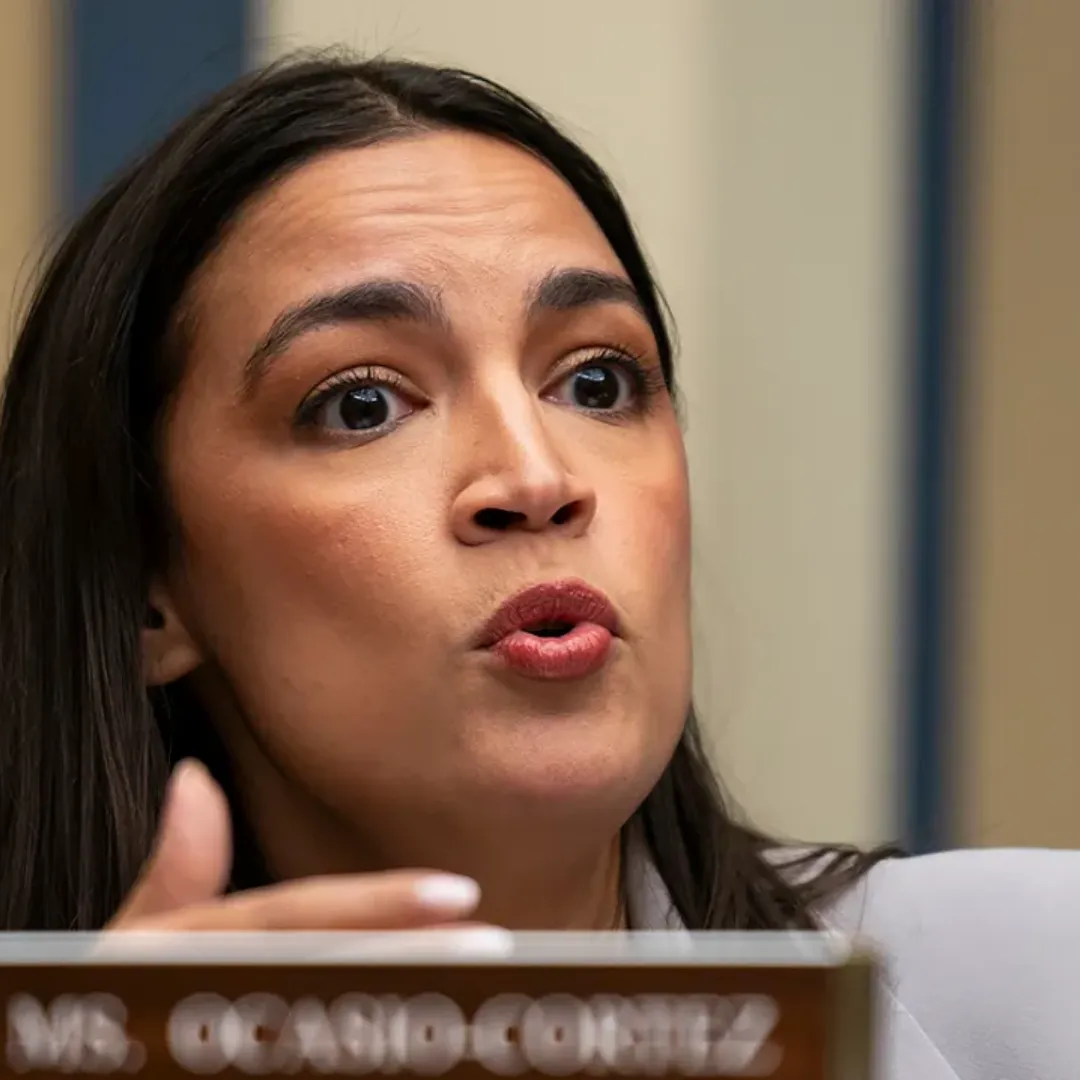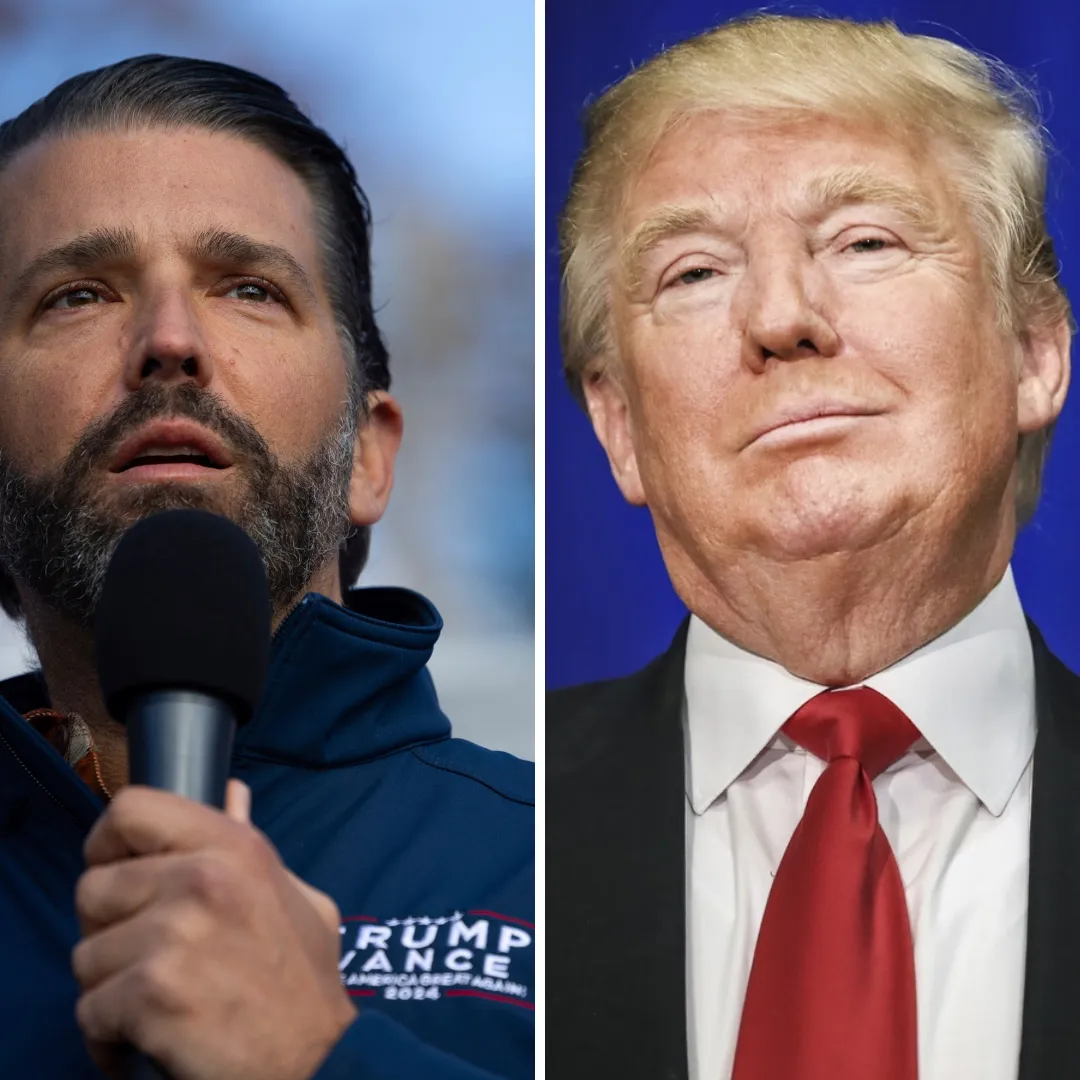
Robert F Kennedy Jr, now serving as the United States Secretary of Health and Human Services, is once again at the center of a national controversy after making a series of comments comparing the societal impact of autism to that of the COVID-19 pandemic.
In a recent radio interview, Kennedy claimed that autism’s burden on American society will far outweigh the effects of the coronavirus, sparking outrage among autism advocates, medical professionals, and families of those diagnosed with the condition.
"It dwarfs the COVID epidemic and the impacts on our country because COVID killed old people," Kennedy said during an appearance on The Cats Roundtable, a Sunday talk show on WABC 770 AM. "Autism affects children and affects them at the beginning of their lives, the beginning of their productivity."
Kennedy went on to say, "It’s absolutely debilitating for them, their families, their communities and for our country — just the pure economic cost of autism." He then estimated that autism would cost the United States economy one trillion dollars per year by the year 2035, though he did not cite any source for that projection.
These remarks follow a similar tone Kennedy struck just days earlier during a press conference where he described autism as a force that "destroys families." During that event, he painted a bleak and uncompromising picture of life for children with autism.
"These are kids who will never pay taxes. They'll never hold a job. They'll never play baseball. They'll never write a poem. They'll never go out on a date. Many of them will never use a toilet unassisted," he said.
The reaction was swift and intense. Advocates for people with autism, including public health officials, parents, and leading researchers, criticized the comments as offensive, inaccurate, and deeply harmful.
"Kennedy’s comments made it sound like these were people whose lives were worthless, when that couldn’t be further from the case," said Alison Singer, president of the Autism Science Foundation. Her words echoed the sentiments of many who accused Kennedy of promoting outdated stereotypes and dehumanizing rhetoric.

Among the critics was comedian Rosie O'Donnell, a longtime public figure and parent of a 12-year-old son with autism. "He should be ashamed of himself," she posted on Instagram shortly after the remarks circulated online.
As the nation continues to evolve in its understanding of autism, Kennedy’s characterization of the condition stood in sharp contrast to the perspective held by many professionals in the field.
Autism is now understood not as a singular, universally debilitating disorder, but as a spectrum condition that presents differently from person to person. While some individuals require significant support, others live independently, hold jobs, contribute to their communities, and lead fulfilling lives.
A study published by the Centers for Disease Control and Prevention just five days before Kennedy’s interview revealed that autism diagnoses have continued to rise, now estimated at one in 31 children by the age of eight.
Experts were quick to clarify that the rising numbers are not a sign of a public health crisis, but rather the result of improved diagnostic methods and increased awareness among parents, teachers, and healthcare providers.
"Parents shouldn’t panic," said Dr. Alex Kolevzon, a child and adolescent psychiatrist and clinical director of the Seaver Autism Center. "We’re not seeing an epidemic with autism."
Despite these reassurances, Kennedy’s framing of autism as a national disaster brought back memories of a time when public conversation about the condition was dominated by fear, stigma, and misinformation.
His suggestion that children with autism are inherently unable to contribute meaningfully to society was met with disbelief and anger by those who know otherwise.
Among them is Mariana Lopez, a single mother in Denver raising a teenage daughter on the spectrum who aspires to become a veterinarian.
"My daughter is one of the most thoughtful, creative people I’ve ever met," Lopez said. "She’s smart, she’s kind, and she’s learning every day how to navigate the world on her terms. For someone in his position to say she’ll never write a poem or hold a job is not only wrong—it’s insulting."
Kennedy’s remarks also raised eyebrows within his own department. Several officials at the Department of Health and Human Services, speaking anonymously, described discomfort with the secretary’s rhetoric, saying it was not aligned with the agency’s message of inclusivity and support for people with disabilities.
Although no formal statement was issued by the department, internal communications reportedly included efforts to reinforce respect for neurodivergent individuals and their families in upcoming public messaging.
Kennedy, a controversial figure even before taking office, has a long history of provocative statements, especially regarding public health issues. Before joining the Biden administration as a symbolic gesture of bipartisan unity, he was best known for promoting debunked theories about vaccines and environmental toxins.
His appointment was met with skepticism by many in the scientific community who feared that his past activism would conflict with the role of leading the nation’s public health agenda.
Those fears now seem validated for some who hoped Kennedy would pivot to a more inclusive, fact-based approach in his federal role.
"Autism is not a tragedy," said Jacob Tran, a behavior therapist in California who works with children and adults across the spectrum. "What is tragic is the damage caused by ignorance, by people who refuse to listen to those of us working on the frontlines. What we need is compassion, not fearmongering."
The economic argument Kennedy made—that autism would cost the U.S. economy one trillion dollars annually by 2035—was also criticized as alarmist. Economists and public health researchers say that such projections are difficult to verify and often fail to account for the fact that increased diagnosis also means increased access to early intervention services, which in many cases result in significant improvements in quality of life and long-term outcomes.
"If you only look at cost without understanding value, you miss the whole picture," said Dr. Elaine Rousseau, a healthcare economist. "Supporting people with autism is an investment, not a drain. When we do it right, we strengthen families, communities, and the workforce."

What remains unclear is whether Kennedy will walk back his statements or continue to frame autism as a looming crisis. His office did not immediately respond to requests for clarification, and as of Monday morning, he had not issued any public comment addressing the criticism.
Meanwhile, advocates say they will continue to speak out.
"Families of children with autism already face enormous challenges—medical, educational, emotional," said Crystal Myers, a special education teacher in Ohio. "The last thing they need is a national leader telling them their kids are broken. Our job is to uplift these families, not shame them."
As the conversation around Kennedy’s remarks continues, one thing is certain—his words have reopened a national conversation about what it means to value all lives equally. And for many, the response to that question is not found in statistics or economic forecasts, but in the everyday lives of those living with autism, who continue to defy the narrow definitions imposed on them.



